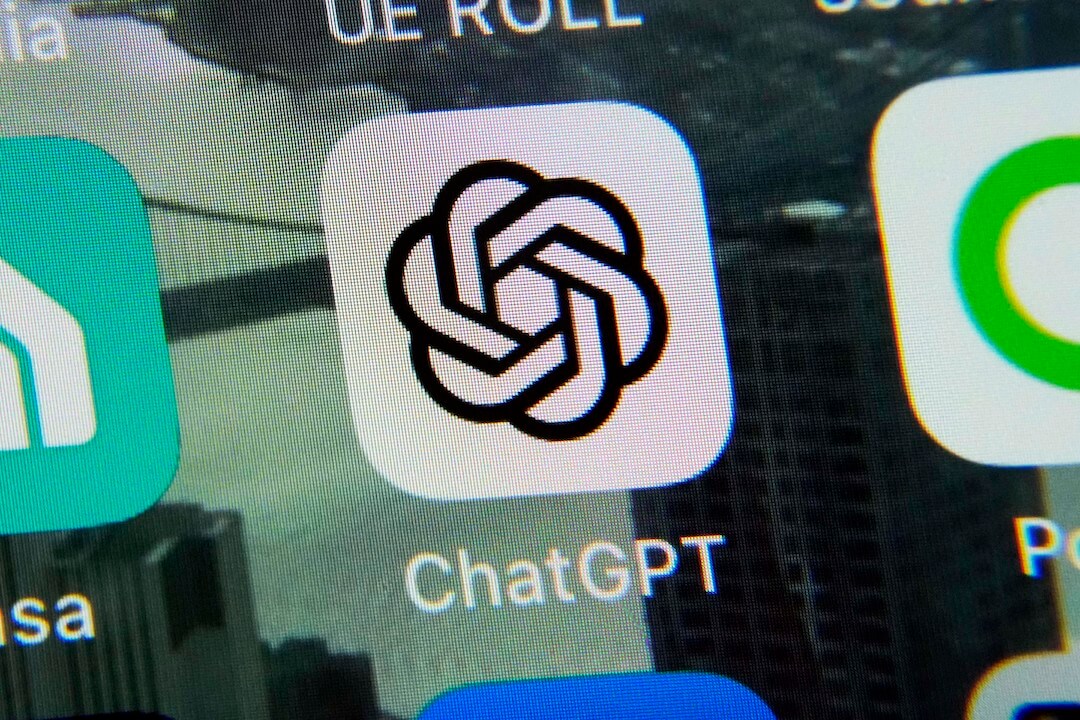Thirty-one fact-checkers from 17 countries have agreed to work together this week to cover the 2019 United Nations’ General Assembly. The goal is to verify false or misleading claims heard from high-level politicians during the international event.
Starting Tuesday, when presidents, prime ministers and other officials are set to meet in New York City, a total of 23 fact-checking organizations will closely follow speeches made by their own national representatives and verify claims that might sound mis- or disinformative.
All fact checks produced about the UN’s General Assembly will then be shared between the participants to be translated and republished in other countries. All bylines, however, must be kept. No other media outlet is allowed to reprint fact checks produced by this collaborative project without previous agreement.
“This kind of initiative strengthens not only the link between fact-checkers but also the culture of cross-border journalism,” said Jeanfreddy Gutiérrez, a Venezuelan fact-checker for Efecto Cocuyo.
RELATED TRAINING: A Reporter’s Guide to Getting It Right
“Iranians will pay close attention to what the U.S. president will say and there is no doubt that the Indian prime minister’s speech will have a large Pakistani viewership and vice versa,” said Iranian fact-checker Farhad Souzanchi, from Factnameh. “This alliance of fact-checkers will hopefully help people to make sense of statements made by leaders other than their own.”
Before engaging in this alliance, the fact-checking organizations agreed to a set of terms proposed by the International Fact-Checking Network.
They committed to writing articles in a “responsible and accurate way, following the IFCN’s Code of Principles,” which means they will have to be transparent about the sources they use, they will have to let evidence conduct their conclusions and be nonpartisan.
If a fact-checker makes a mistake, a correction must be published and all members of the project should be alerted about it so they can also translate and adjust the information they might have republished.
The group agreed to prioritize claims that might have an international interest, instead of those with a more local or regional reach. By doing so, the alliance establishes itself as an attempt to fight mis/disinformation that can be widely spread in events like this one, where top politicians make long speeches and are internationally heard.
RELATED STORY: Why doesn’t Belgium show up on the fact-checking world map?
To share all the fact checks, the group will only use free online tools, like Google Sheet and Slack.
Anyone who is interested in following the results during the week should keep an eye on the hashtag #UNAssemblyFacts on Twitter, Facebook and Instagram.
Below is a list of all fact-checking platforms that have adhered to this alliance, arranged by country. Visit their websites and social media for more.
Bangladesh
Bosnia and Herzegovina
Brazil
Canada
Germany
India
Iran
Kenya
Macedonia
Nigeria
Poland
The Philippines
Spain
South Korea
Turkey
United States
Venezuela
Cristina Tardáguila is the associate director of the International Fact-Checking Network and the founder of Agência Lupa, in Brazil. She can be reached at ctardaguila@poynter.org.







